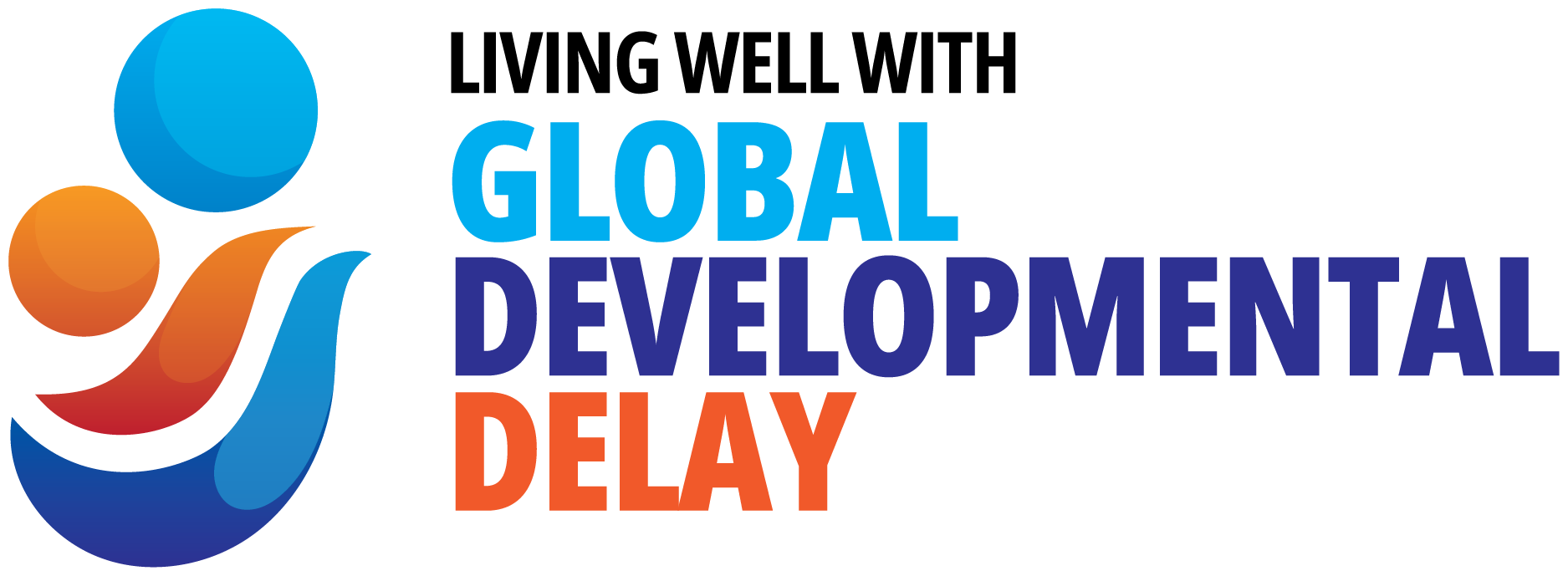Ensher, G. and Clark, D.A. (2011). Relationship-Centered Practices in Early Childhood: Working with Families, Infants, and Young Children at Risk. Baltimore, Maryland: Paul H. Brookes.
Keilty, B. (2016). The Early Intervention Guidebook for Families and Professionals: Partnering for Success (2nd. Ed.). New York: Teachers College Press.
Raver, S.A. and Childress, D.C. (2015). Family-Centered Early Intervention: Supporting Infants and Toddlers in Natural Environments. Baltimore, Maryland: Paul H. Brookes.
Rush, D.D. and Shelden, M.L. (2020). The Early Childhood Coaching Handbook (2nd Ed). Baltimore, Maryland: Paul H. Brookes.
Shelden, M.L. and Rush, D.D. (2022). The Early Intervention Teaming Handbook: The Primary Service Provider Approach (2nd Ed.). Baltimore, Maryland: Paul H. Brookes.
Rosenbaum, P. and Gorter, J.W. (2012). The ‘F-words’ in childhood disability: I swear this is how we should think! Child: Care, Health and Development, 38 (4): 457-463. doi: 10.1111/j.1365-2214.2011.01338.x.

